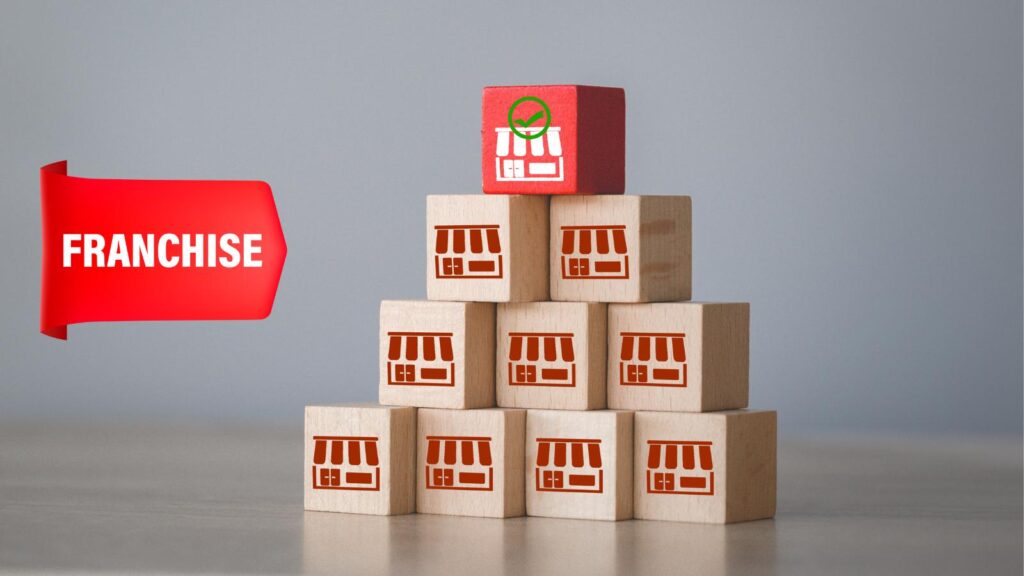A strategy to avoid business failure and grow your small business. With the help of the right idea and the ability to connect it to the market’s demands, you can successfully get your business running.
However, once your business makes money, it’s quickly approaching the next hurdle: scaling.
Many businesses fail to grow to the next level, causing stagnation and even decline. Often, this is because business owners don’t have the means or idea of how they would scale to begin with. To that end, we’ll look at some of your options.
Table of Contents
Reasons Why Small Businesses Fail
Most small businesses fail because they run out of money, often due to poor planning or overspending. Weak marketing efforts leave them invisible to customers; without sales, there’s no revenue.
Some owners don’t track their finances, causing missed bills or tax issues. Others underestimate competition or misunderstand their market, making it hard to stay relevant.
Bad hiring decisions can also sink a business, and lazy or unskilled staff can drag everything down. Success needs clear goals, smart spending, and constant problem-solving.
Expanding Your Existing Offerings
Rather than immediately moving to target new audiences, you should start by asking yourself whether or not you could extract more value from your existing customers. Can you develop the services or products that can piggyback off your existing offerings, upselling them to new offers?
For instance, if you manufacture industrial equipment, could you offer services such as installation and servicing that allow you to keep revenue from existing customers? If you have a successful home cleaning product, could you expand it into a whole range?
Targeting New Markets: A Strategy To Avoid Business Failure
While retaining your existing customers for more value is often more cost-effective, sometimes there is a slice of the pie in another market just waiting for someone to grab it. If you spot a market, whether an underserved domestic demographic or an overseas market with low competition, consider how to expand to it.
You have an existing framework for success, but you must learn how to adapt it by catering to new customers or moving it internationally. The latter requires particular care and attention to detail, as you are not dealing with new market realities but new laws and regulations.
Start A Franchise
Some businesses can make this splash, quickly raising their brand to prominence. These businesses could leap and become franchises.
Franchising helps you scale your business quickly, opening it in new locations while reducing your financial risk since other people buy into it. If you think your business has the potential to attract would-be business owners, investing in franchise advertising can help connect you with the opportunity you need.
Aside from a strong brand, you need to be able to communicate and transfer the fundamentals that make your business a success.

Launching An Online Store: A Great Strategy to Avoid Business Failure
If you run a brick-and-mortar store, you could explore the full potential of your products by launching your own e-commerce business. Take advantage of your success, leveraging your brand’s exclusivity to incur demand that brings in customers who might not have been able to access your products.
Existing e-commerce platforms also make setting up and managing an online store much more straightforward. This is a great strategy to avoid business failure in the coming years.
Successful scaling requires you to consider which of the strategies above best suits your business. Consider your options and start exploring how you would get started.
Conclusion: A Strategy to Avoid Business Failure
Wrapping up, a good strategy to avoid business failure focuses on preparation, adaptability, and daily execution. Know your market, listen to your customers, and trim unnecessary expenses.
Keep expenses aligned with income, and don’t ignore financial warning signs. Build a team you trust, stay open to feedback, and adjust plans when needed.
Success isn’t luck—planning, discipline, and wise decisions. Is your business ready for challenges in the coming year?




